Did you know that Japan has the highest population of people over 100 Years of Age? Hector Garcia and Francesc Miralles were highly admired for that.
Their journey took them to a place called Ogimi in northern Okinawa, home to the largest number of centenarians per capita which means the largest number of people 100 plus years of age.
Towards their journey to define the secret to Okinawan’s longevity, they earlier focused on the local foods and other resources, but later discovered that the real secret was actually a less tangible, unrestrained sense of joy.
The Essence of Ikigai had been for as long as anyone in Ogimi could remember. Fortunately, ikigai wasn’t available only to the locals of an island far removed from most of the world, but something anyone & everyone could access by applying its principle in earnest.
In most simple words Ikigai is about finding something you love to do & doing it for as long as you’re able.
In addition to the healthy diet & exercise, one would expect, common to all these communities is a deep sense of purpose and belonging.
Lack of stress has a profoundly positive effect on the body and knowing that all one’s effort means something helps mitigate a lot of the unnecessary stress we place upon ourselves.
Anti-Aging secrets
Science suggest that premature aging & a host of other health problems are linked to stress. One Doesn’t need pages of research to know that human beings carry more stress now than at any point in history.
Reducing the effects of stress begins with self-awareness, knowing our habits intimately, and living in the moment.
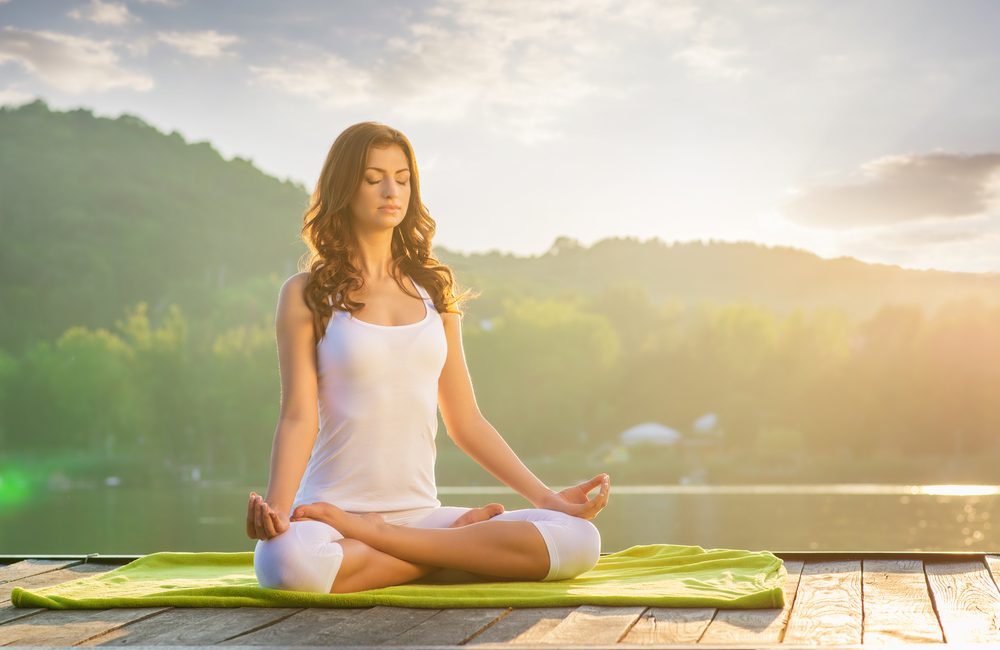
Meditation & yoga, while helpful, are only partial solutions and must be included as part of a holistic approach to stress reduction. Neither should we seek to rid ourselves completely of stress as a moderate amount of it can inspire us to do great things.
Aging may look superficial, but your body is only as sound as your mind. Maintaining a youthful and energetic outlook can therefore go a long way in determining the quality of your life. Whether playing a board game with friends or learning something new, mental exercises is just as important as physical activities.
It creates new neural connections and revitalizes the brain, especially when the activity pushes you slightly beyond your comfort zone.
And Nothing can replace the importance of getting enough sleep, which does wonders for our skin, energy levels and overall health. But a positive mindset and active body mean little without a foundation of genuine emotional awareness.
From Logotherapy to Ikigai
Psychiatrist Viktor Frankl’s approach to personal well-being led to what he called logotherapy the process by which patients learned to find a purpose in life.
Logotherapy doesn’t look to the past, but instead trains an eye on the future and conceives of the self in relatively abstract, spiritual terms, thus leading to a more holistic sense of being.
Life isn’t something to discover, it’s something to create. Our capacities for joy and sadness are equal, and it’s up to us to choose which rules us. For those of us feeling stuck in life, a dramatic change—of career, of location, of perspective—might be all we need to right ourselves.
Find flow in everything you do
In ikigai there is another vital concept called ‘Flow’ or ‘being in the moment’- an experience of doing something we love so much that time ceases to matter.
Whatever your flow might be, you must always have a concrete objective towards which you aspire, and a mind homed in on the process of getting there.
Some Small Things you can do every day to get your mind ready to achieve flow:
- Not looking at screens for close to an hour after waking or before sleeping
- Turning off your phone.
- Abstaining from technology for one day a week.
- Putting yourself in places without Wi-Fi.
- Check your email at most twice a week, and at scheduled times.
- Taking frequent breaks from work.
- Sanctifying your work with rituals and rewarding yourself when finished.
- Freeing yourself from distraction.
- Taking care of routine tasks in one go.
Masters of longevity
The Japanese are also experts at ‘micro flowing’ as evidenced by the apparent enthusiasm with which many Japanese workers approach boring tasks that might otherwise be taken for granted.
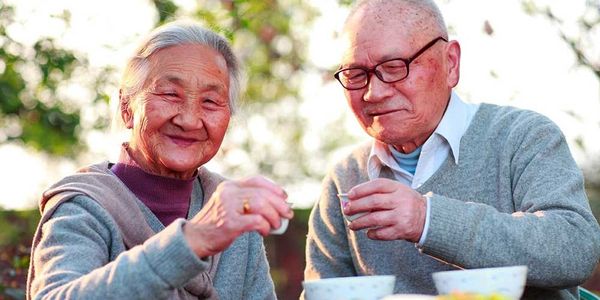
Human beings thrive on routine, repetition, and reliability. All of this means that those who are happiest in life aren’t overachievers but are the ones who spend the most time in a state of flow.
The Ikigai Diet
The Okinawan diet is predicated on its variety, prevalence of vegetables (Some unique to the island) preference for rice over bread, and lack of sugar.
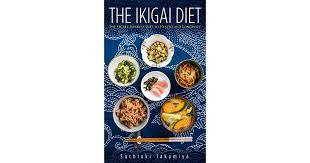
Okinawans eat fish on a regular basis and take in less than average 2000 calories diet. Their diet is rich in antioxidants and green tea.
- Tofu
- Tuna
- Carrots
- Goya (Bitter Melon)
- Kombu (Sea Kelp)
- Cabbage
- Nori (Seaweed)
- Onions
- Soy Sprouts
- Hachiman (Cucumber like gourd)
- Soybeans
- Sweet potato
- Peppers
- Sanpin-cha
Sanpin-cha (a mixture of Jasmine flowers and green tea) is a particularly important part of this diet and has been proven to lower cholesterol in the blood, relieve stress, fortify the immune system, and lessen the risk of a heart attack.
Gentle Movements, Longer Life
Another ikigai secret that won’t come as a surprise is that the elderly of Okinawa, well into their nineties and even beyond remain active by doing exercises.
The most important part of their routine is an exercise program that has been airing daily on the radio since before world war II. Even Nursing home residents do it for an average of Five Minutes a day.
Radio exercises are basic, involving little more than a lifting of the arms and slight bending of the knees but the intention behind these movements – along with the increase of blood flow and general happiness they promote are life-changing. For those more agile and able, yoga provides the same benefits as do tai chi, qigong, and shiatsu.
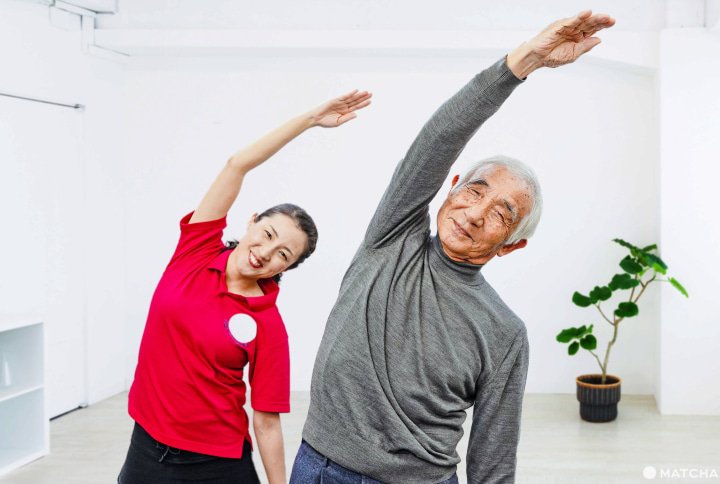
Fundamental of all of these is deep breathing, which oxygenates the blood and strengthens overall health. Whatever method you choose, consistency is key.
Resilience and Wabi-Sabi: Ikigai is all about resilience (the capacity to recover quickly from difficulties) , everybody has their own essence, which only increases over time when one has something to do, something to love, and something to hope for.
Ways to do this include:
- Creating redundancies: by finding multiple sources of income so that if you lose one the others will have your back.
- Betting strategically, such as through small investments in multiple ventures rather than a large one with greater risk.
- Purging yourself of anything that makes you fragile, be it a substance, habit, or even a person.
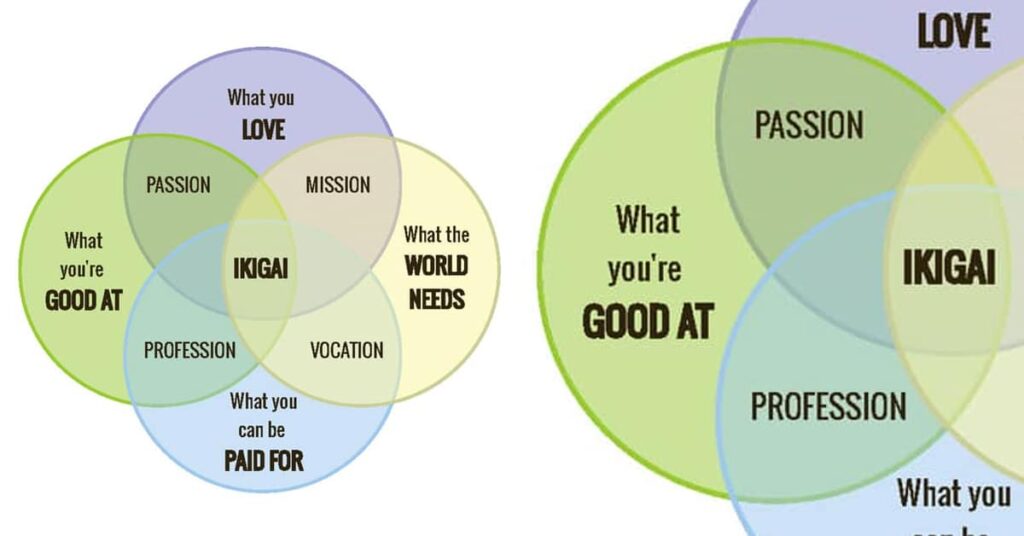
Conclusion:
- Respect your Mind & body: Stress is a silent killer and prevents you from being your best self.
- It all starts with a question: When you really investigate what you care about and why you’ll find the answers.
- Find your flow: When we’re in flow, we’re completely focused on the present, which brings joy.
- Focus on mastery: Once you find what you love, do it to the very best of your ability for as long as you are able.
- Don’t neglect your community: Your friends and family will be there for you when things are hard and celebrate with you when things go well.
- Eat Well: Include a variety of fruits and vegetables in your diet and focus on the 80% principle.
- Move Well: There is no need to run a marathon. Even short but consistent bouts of stretching increase the overall health of the body and mind.
- Recognize the beauty in flaws: Loving yourself for who you ensure you have the resilience you need to live and happy life.

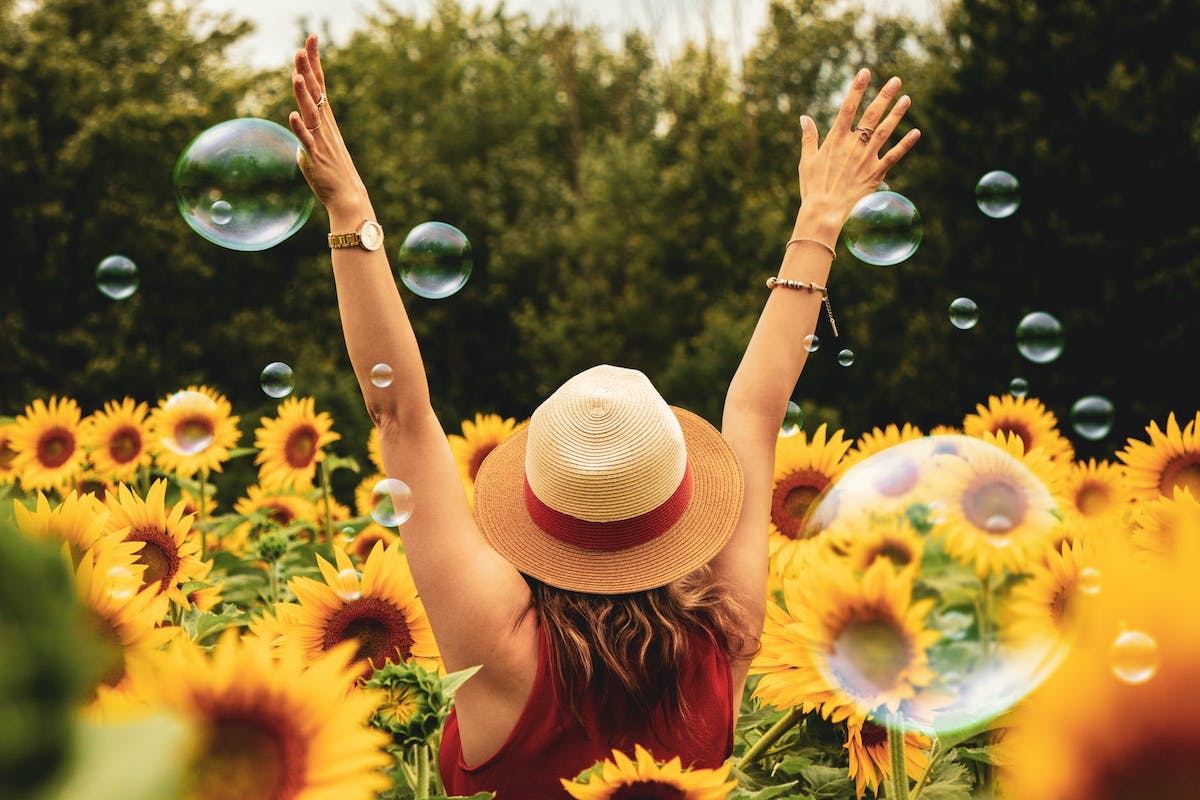
film izle
Say, you got a nice blog. Really looking forward to read more. Much obliged. Gerardo Minalga
film izle
Awesome! Its actually awesome piece of writing, I have got much clear idea regarding from this article. Cruz Lombard
film izle
That is very attention-grabbing, You are an excessively professional blogger. Clair Papik
Louie
Wow, this post is good, my younger sister is analyzing these kinds of things, thus I am going to let know her. Louie Schmiesing
online bahis casino
Some genuinely excellent content on this web site , thanks for contribution. Vincent Rand
Jimmie
Well I truly liked studying it. This information offered by you is very useful for proper planning. Jimmie Amous
Brady codey
Very good post. I am dealing with many of these issues as well.. Brady Codey
Asha
I think Ikigai can be the need of the hour for all of us. These are very stressful times with COVID and all still around the world. Mental health should be our first priority.
Gopal
Wow! That’s a lot to learn. I think it will help me and my family with keeping our mental health at ease.
Ashwini
Thank you Gopal for your feedback
Anil
I learned regarding Ikigai from my friend, will recommend this to all.